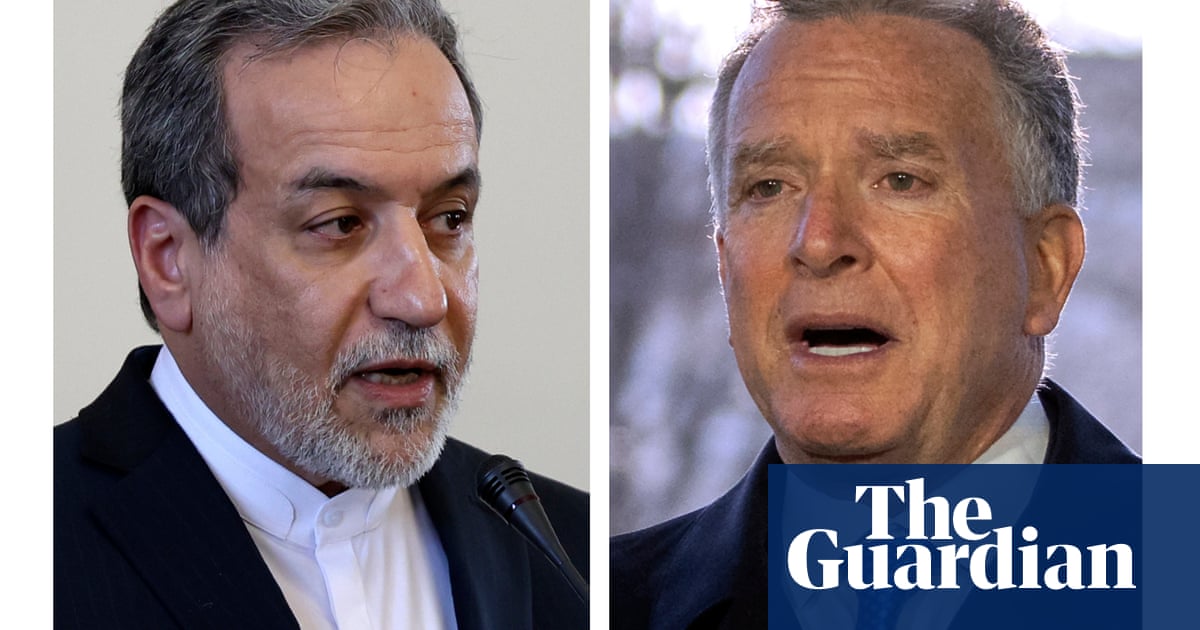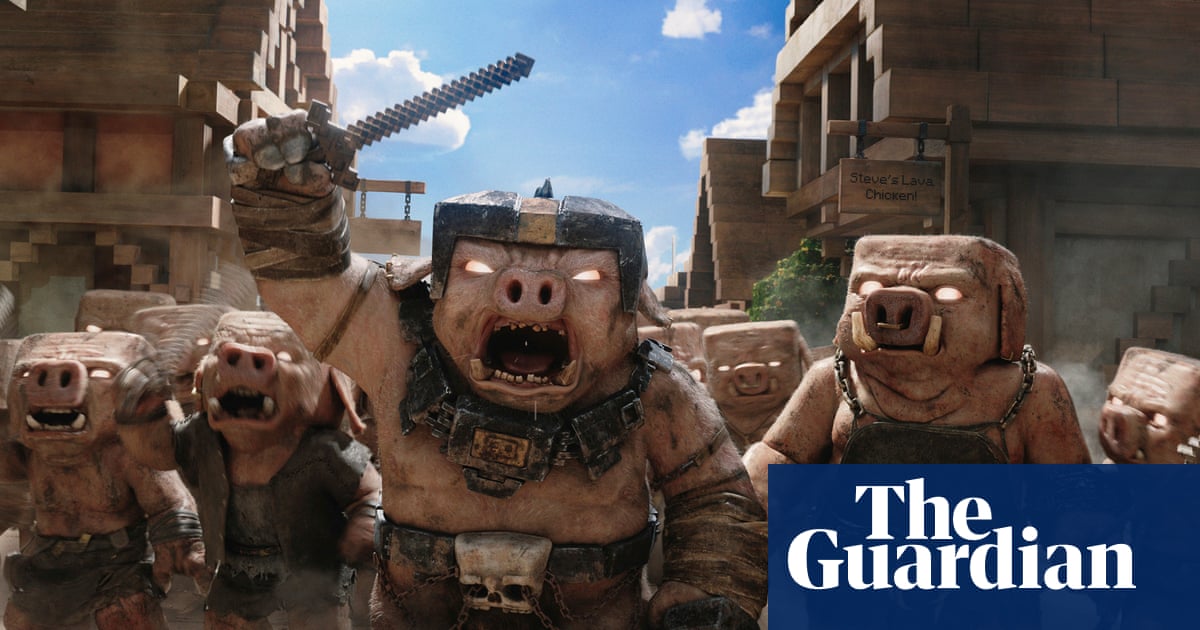More than 100 relatives of people who have died after contact with the police in the UK since 1971 have joined plans for a class action lawsuit in pursuit of compensation and justice.
The plan for group legal action was announced at the People’s Tribunal on Police Killings, a two-day event in which bereaved families presented evidence to a panel of international experts on how their relatives died and the long-term impact this has had on them.
The findings and conclusions of the event will form the basis of a first-of-its-kind legal action directed at police officers, police chiefs and government departments involved in the deaths.
Activist and film-maker Ken Fero, who is helping to lead the action, said: “I think it’s quite revolutionary what we’re trying to do. There has never been a class action of this kind done in the UK before, there hasn’t been a call-up like this one before.
“There are many, many families all over the UK, and there have been for five decades, who suffer in silence. We have to do something radical that involves everybody, that doesn’t cherrypick certain cases. And that’s the idea of a class action.”
He said event organisers had recorded 3,000 deaths involving the police in the UK over the past 50 years, during which time four police officers have been convicted over a killing.
Those involved in the tribunal and legal action included Sieta Lambrias, the sister of Mikey Powell who died from positional asphyxia after police restraint in 2003, and Shirley Sylvester, the cousin of Roger Sylvester, who died after being restrained by eight police officers in 1999.
Samantha Patterson, whose brother Jason McPherson died in 2007 after being stopped and searched by police, said: “We’ve explored all avenues. We’ve done campaigns. We’ve written letters. We’ve met with prime ministers, Home Office secretaries, everybody that you would think. Something needs to change.

“Jason died nearly 20 years ago, and I’m still hearing about cases that are similar to what happened to Jason that night.”
McPherson died after collapsing at a police station where he was taken to be searched, and an inquest into his death criticised the police for not following procedure properly.
Patterson said her brother’s death, and their campaign for justice, had taken a huge toll on her family, including her mother who died shortly after McPherson’s inquest. “In my head, my mum died because she put all her faith into that inquest and she got nothing out of it,” she said.
“She didn’t get any justice for her son. And my other brother, he still has the effects of Jason’s death on him every single day.”
Fero said the number of people involved in the class action is quickly rising into the hundreds. A legal team of barristers is working to establish what shape the class action will take.
“It is about seeking prosecutions, it is about seeking compensation, but it’s also about recognition that the state has failed to protect its own citizens,” said Fero.
“It’s an absolute scandal. And it’s a purposeful deflection that the government has employed to put something there which appears to be judicial, but essentially it has no power.
“The focus has been on improving the system and there’s an acceptance of the deaths that have happened before – we’re not going to accept them.”
The tribunal was organised by a collective of campaign groups, including United Families and Friends Campaign, Migrant Media and 4WardEverUK, with the aim of “exposing the extent of the injustice” and placing it on the international stage.
It also aimed to highlight the disproportionate impact of police killings on black people, and key themes explored included torture, terror, state cover-ups and black resistance.
Organisers said they rejected the terminology “deaths in custody” as it was “inaccurately narrow and misleading”, and does not cover killings of people who have not been arrested or sectioned.

 2 days ago
13
2 days ago
13













































